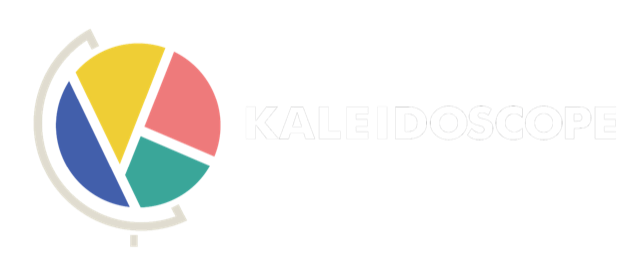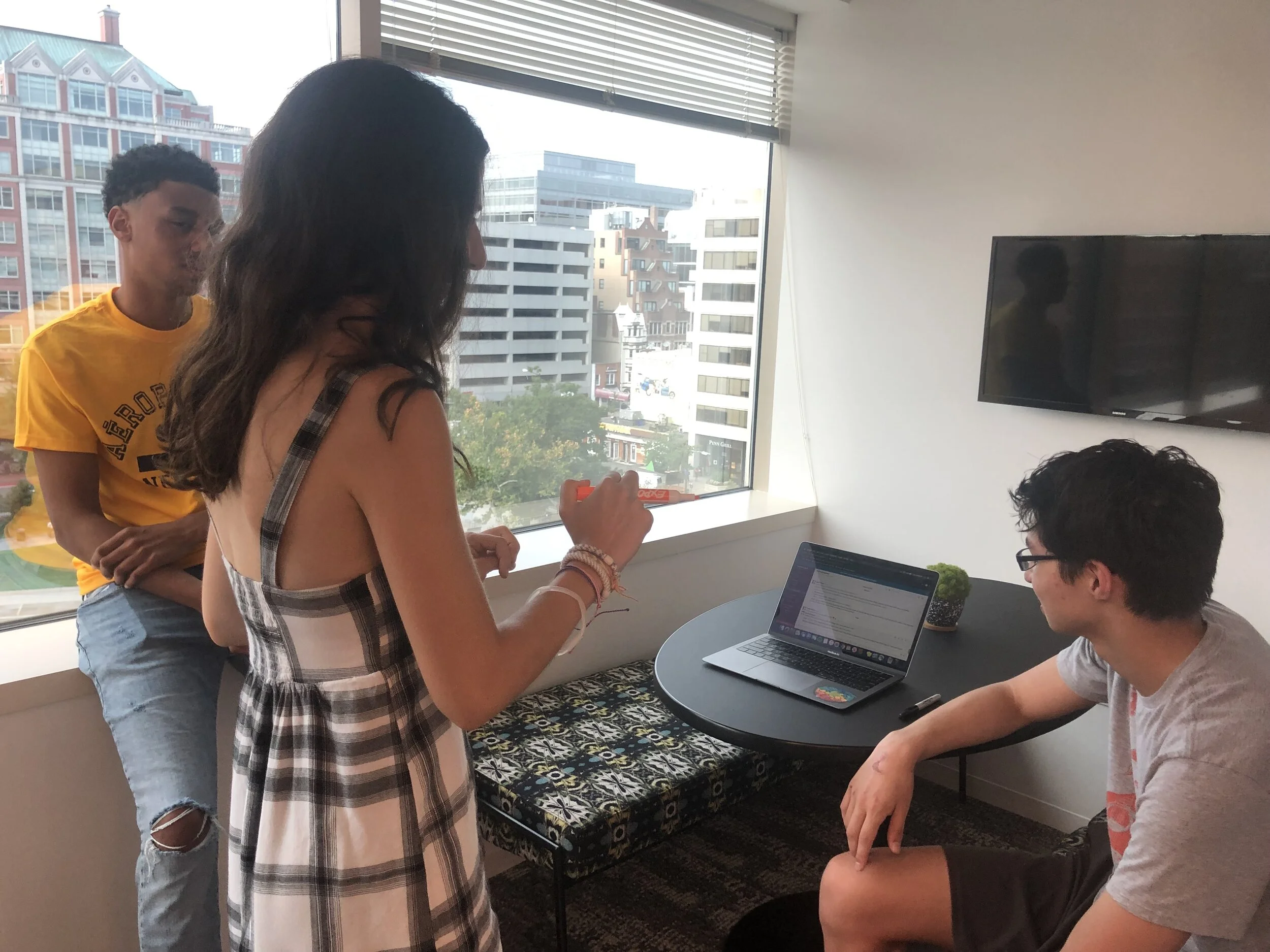Psychology from an applied perspective: How can we use insights from psychological science to improve our lives? To improve society?
benefits for students
Build an understanding of psychology and the habit of applying its insights to improve students’ own lives & the lives of others
Learn skills that will be just as valuable tomorrow as in college as in their careers
Gain insights into the human mind from how to manage anxiety and procrastination to how to recognize and confront prejudice
Explore interests through college-level seminar discussions and through meaningful assessment tasks
HOW SCHOOLS can USE THIS curriculum:
As curriculum for a psychology class
As additional psychology electives
As curriculum for an advisory period
As a J-term or end of year project elective
Ultimately, how you use the curriculum is up to you. Each module is available individually.
Unit Summaries
Each unit is 15 instructional hours and is written as ten 90-minute lessons. Each class assigns homework where students further their background knowledge and apply the concepts they’ve learned to their own lives.
Cognitive Science: Peak performance
Learn the habits of high performers
Master research-backed practices to learn efficiently, build productive habits, and manage challenges like anxiety & procrastination
Apply what you’re learning to something you care about including learning foreign languages, writing a musical, optimizing exercise routines, or re-engineering study schedules
Positive Psychology: Wellbeing
Build everyday mental health & resilience for life’s setbacks by applying research-backed frameworks & practices
Learn how your emotional state interacts with your environment to influence wellbeing
Apply what you’re learning to make wellbeing-enhancing changes for yourself or for others
The Psychology of Identity & Prejudice
Learn the psychology of identity formation, tribalism, and prejudice
Understand the factors that contribute to your identity & how you can continue to explore it
Learn how our wiring for connection can also lead to prejudice & what we can do to reduce our biases
The science of social connection
Explore the research on social connection, resilience, boundaries, and rejection
Develop your emotional intelligence
Learn insights from social, evolutionary, and clinical psychology about why connection matters and how to connect more effectively
Decision Science
Learn about the most important cognitive biases and how they influence our decision making
Unpack four case studies of when decisions went wrong
Develop an understanding of when to think twice and when to go with your gut
transfer to action: applied learning
A hallmark of our Practical Psychology curriculum is “transfer to action.” Most days we ask students to apply what they learned in their own lives outside of class. The next day starts with a debrief of how this went and what students learned from doing this. The goal is that students gain agency to transform themselves and the world around them using the knowledge and skills from the class.
MATERIALS INCLUDED IN THE CURRICULUM
Assessment tasks for each unit
Assessment task rubrics
Sample assessments for each unit
Surveys to gauge student behavioral & attitude changes
Unit plans
Daily lesson plans
Conceptual guides (e.g., temporal self-appraisal theory)
Our curriculum development team
Caroline Castleman
Caroline developed Cognitive Science: Peak Performance. She is a magna cum laude graduate of Princeton University where she earned a degree in the history of science with a minor in neuroscience.
Lauren Woodard
Lauren developed Positive Psychology: Wellbeing. She is a summa cum laude graduate of the University of Vermont where she earned a BS in psychology. She works as a researcher at the Center for Anxiety & Related Disorders
Sabrina Flores
Mackenzie DeLoatch
Mackenzie developed Psychology of Identity & Prejudice. She has a BS in psychology from Duke University where she worked as a research assistant in the Diversity & Identity Lab for three years.
Sabrina developed Psychology of Connections & Relationships. She has a BA in psychology from Duke University where she minored in neuroscience & global health.
















